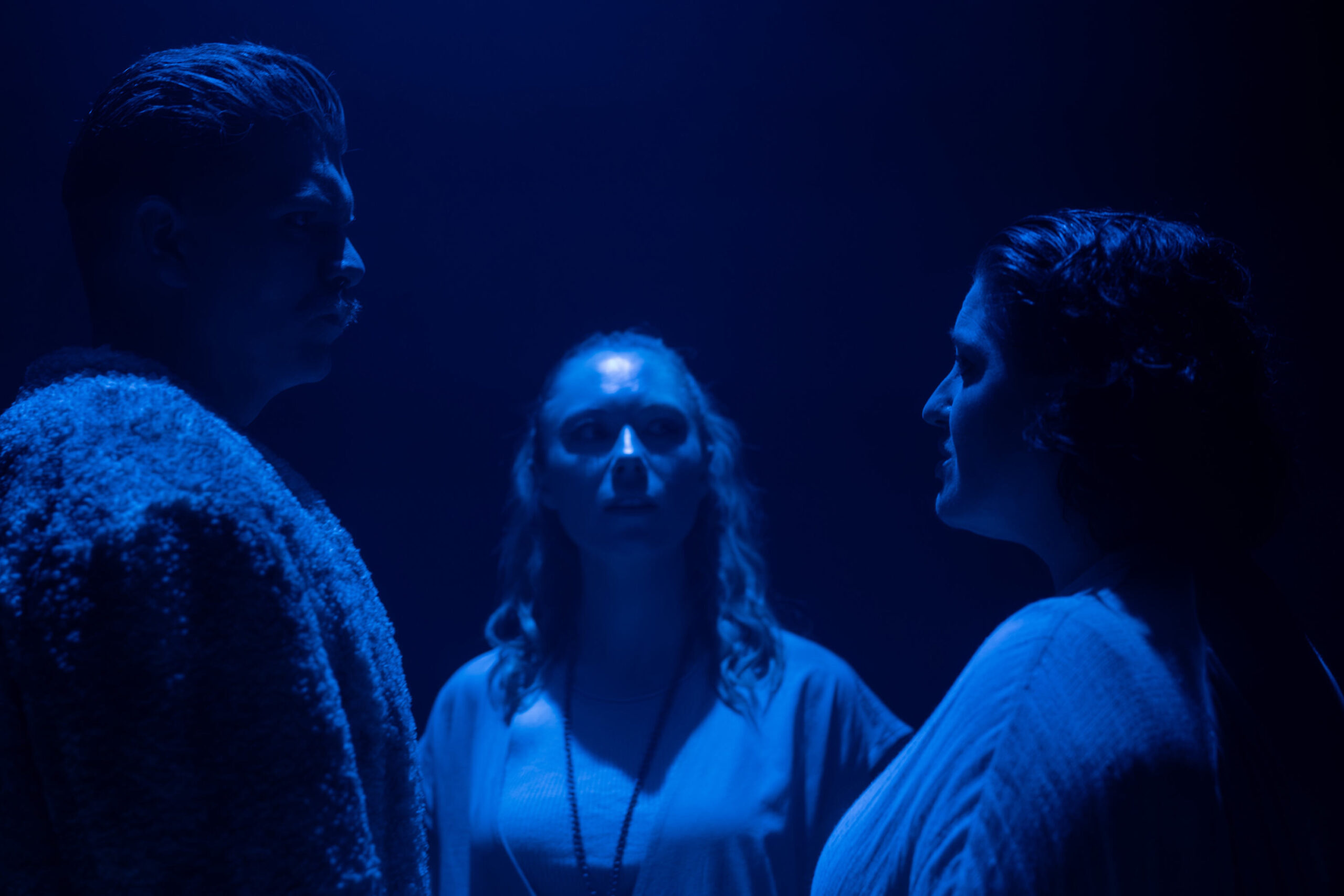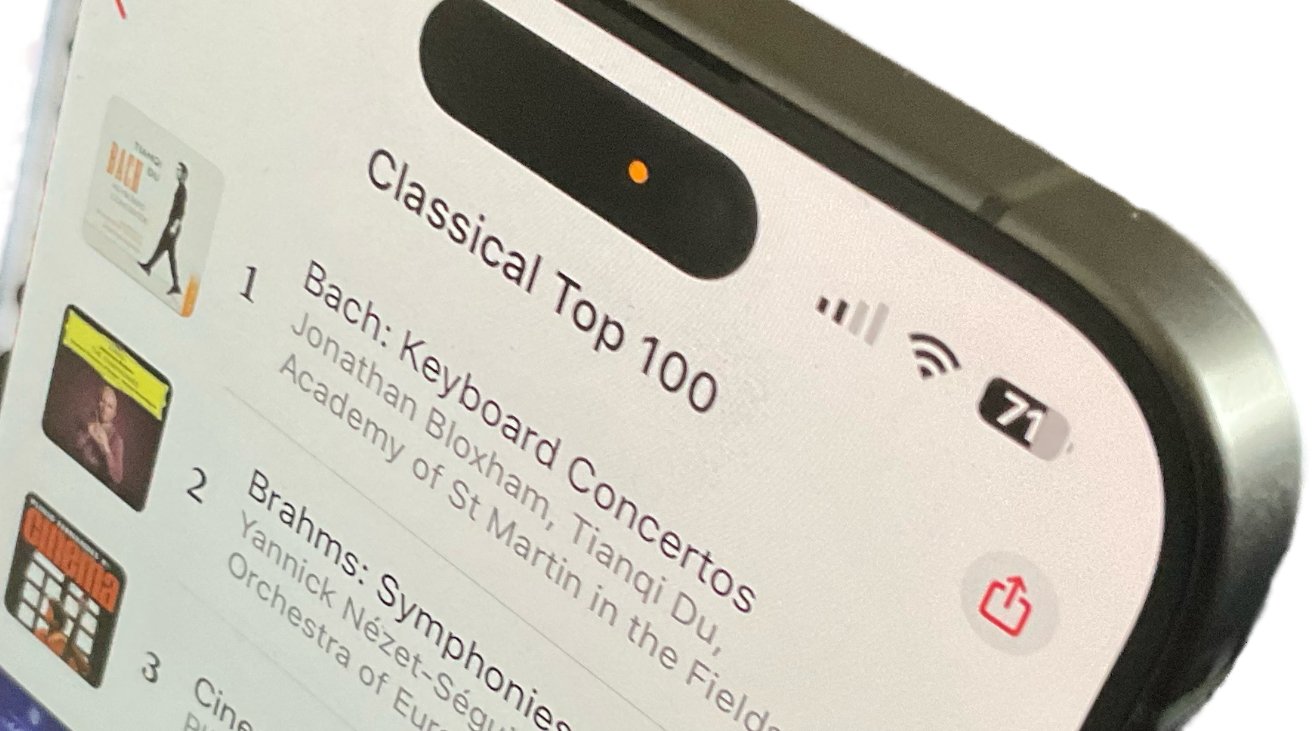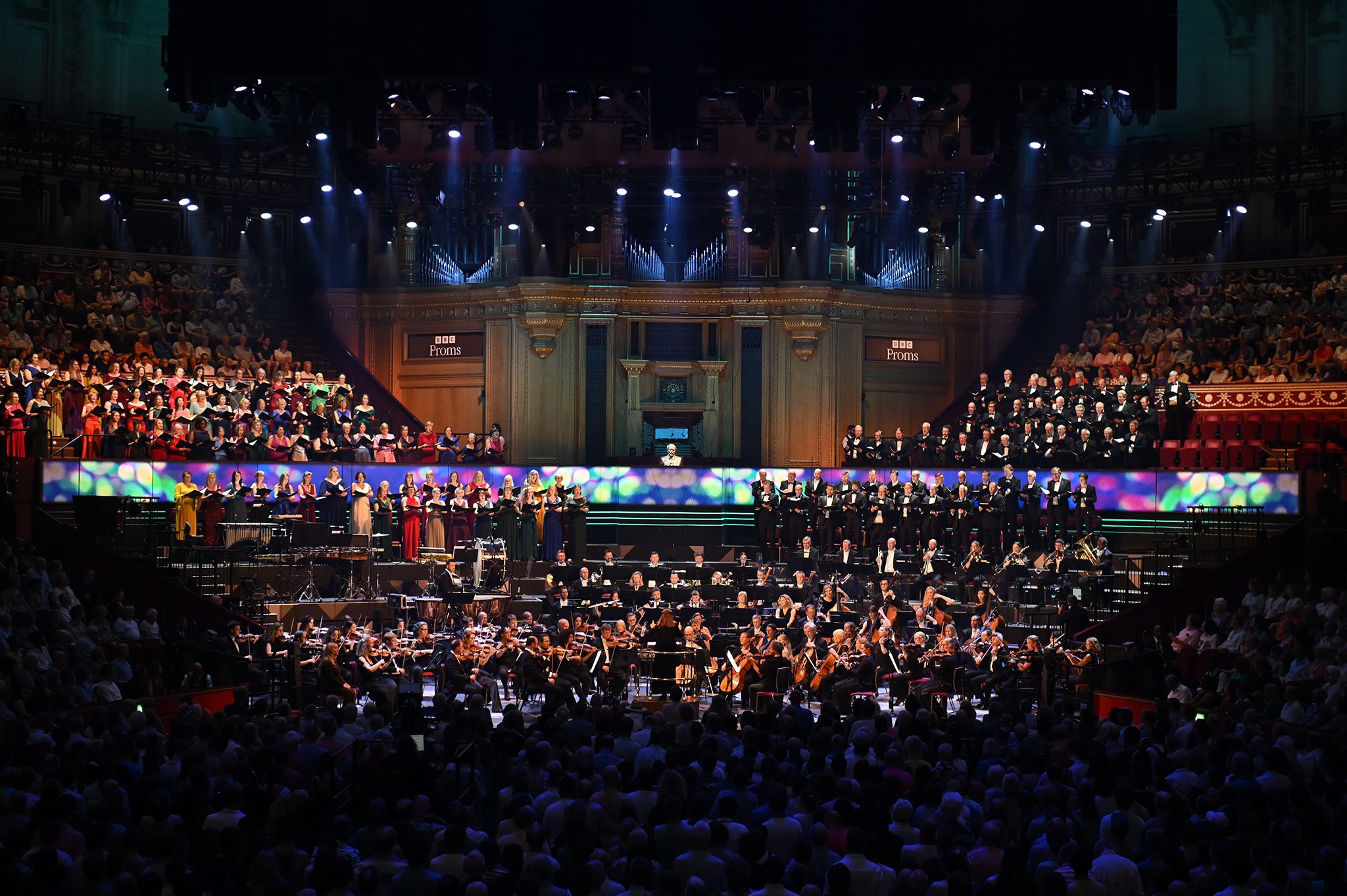“Lamentation is too late” proclaims the moustachioed singer donning a fur jacket and pearl necklace, as I walk in on final rehearsals for Ena Brennan’s ‘Breathwork’ at Project Arts Centre. In this micro-operatic experience, I am already liking the brutal directness of the libretto, even if the audience seating looks a little sparse in the small studio space in Temple Yard, Dublin. “Just to warn you,” says one of the producers meeting me at the auditorium door, “it is a little intimate.”
The Project Arts Centre is home to Ireland’s contemporary arts and music scene. It boasts an impressive array of alumni throughout its 50-year history including actors Gabriel Byrne and Liam Neeson, and the early appearances of the Boomtown Rats and U2. Part Government and EU funding brought the former Dollard Print Works arts centre in Temple Bar back from irretrievable fire damage in the 1980s, placing it at the heart of Dublin’s cultural scene. This year, Project Arts Centre’s multi-functional spaces host six of the forty events billed in the Dublin Theatre Festival.

Breathwork opens the Festival. The 20-minute statement in response to the destruction of the world sees Irish National Opera’s Studio Artist composer Ena Brennan join forces with director British Composer Award-nominated writer, composer and director John McIlduff in a deeply unsettling piece that blurs the lines between audience and performer.
Eleven chairs are carefully positioned on the edge of a downlit ten-foot circle – the ‘poisonous well’ – makes this an incredibly intimate proposition for both singers and audience members alike David Poultney’s libretto combines 17th-century text with words from the book of Isiah. A bleak sense of resignation ensues throughout.
Looking away from proceedings isn’t an option. We have to watch performers and one another, at times looking one another in the eye in a way that is completely at odds with our natural state. In this way the audience are paying members of the cast, confronting the destruction wrought by society on the world which will eventually destroy us. No passengers here. Nor are there interval ice-creams to lighten the mood.
From time to time the three performers move around behind the audience, their voices sometimes indistinguishable from the sound coming from multiple speakers hidden in darkness throughout the wider studio space. This mildly hallucinatory experience is unsettling.
Brennan’s soundscape is tonal patchwork. Snatches of musical ideas emerge from around the studio via live voice and speakers and recorded sound effects, the score creating a desolate petrified landscape on the brink of extinction.

At Breathwork’s heart is a tender three-part song, weaving melodic lines that sigh with a sense of fear and regret. At this point, the audience looks down on the performers intertwined in the performance space only a metre or so away. Are we with them or consoling them? Do we look on in horror or with pity? That this proximity is so unsettling says something about the highly effective design, direction, and score.
In the beautifully concise Breathwork, the audience is pushed well-beyond their comfort zone, sitting on the edge of proceedings to confront a deeply uncomfortable reality. We have caused what we see in front of them. Among the thoughts and feelings that swarm about, regret and remorse are irrelevant here. As the voices falter all around and the ghosts disappear into the void, one potent question remains. Are you the kind of person who chooses to stand by or will you stand up?
Ena Brennan‘s obvious enthusiasm for composition (listen out for a podcast coming soon) makes the larger work she’s working on for Bregenzer Festspiele a tantalising prospect. The potent creativity evident in Breathwork won’t necessarily be directly referenced or utilised in the larger work for Bregenzer, but the resulting work is certain to be a distinctive calling card for the composer.



